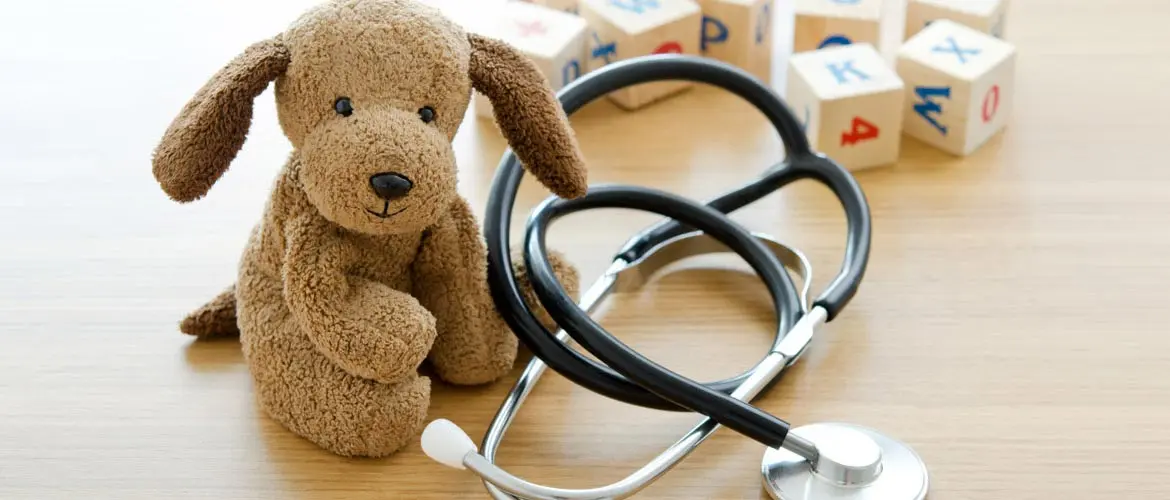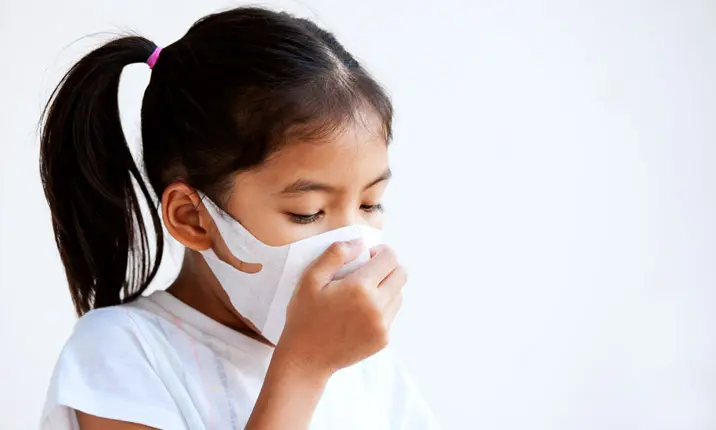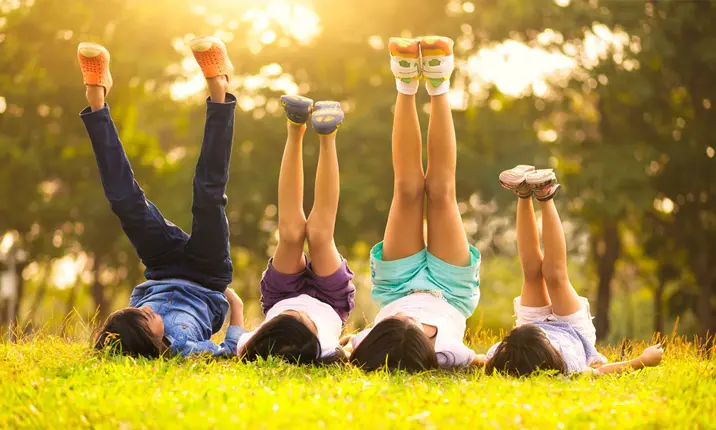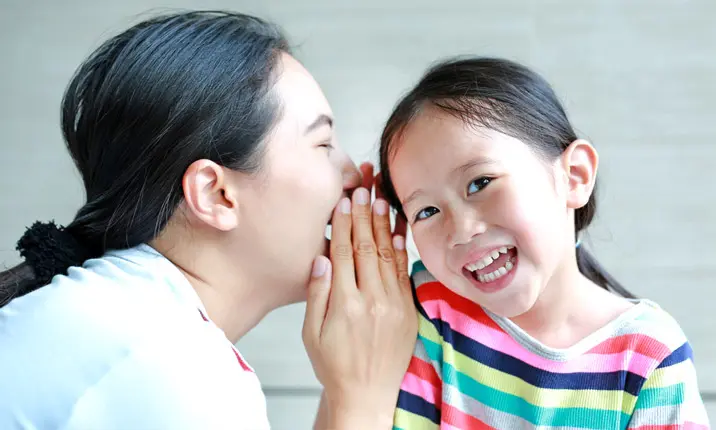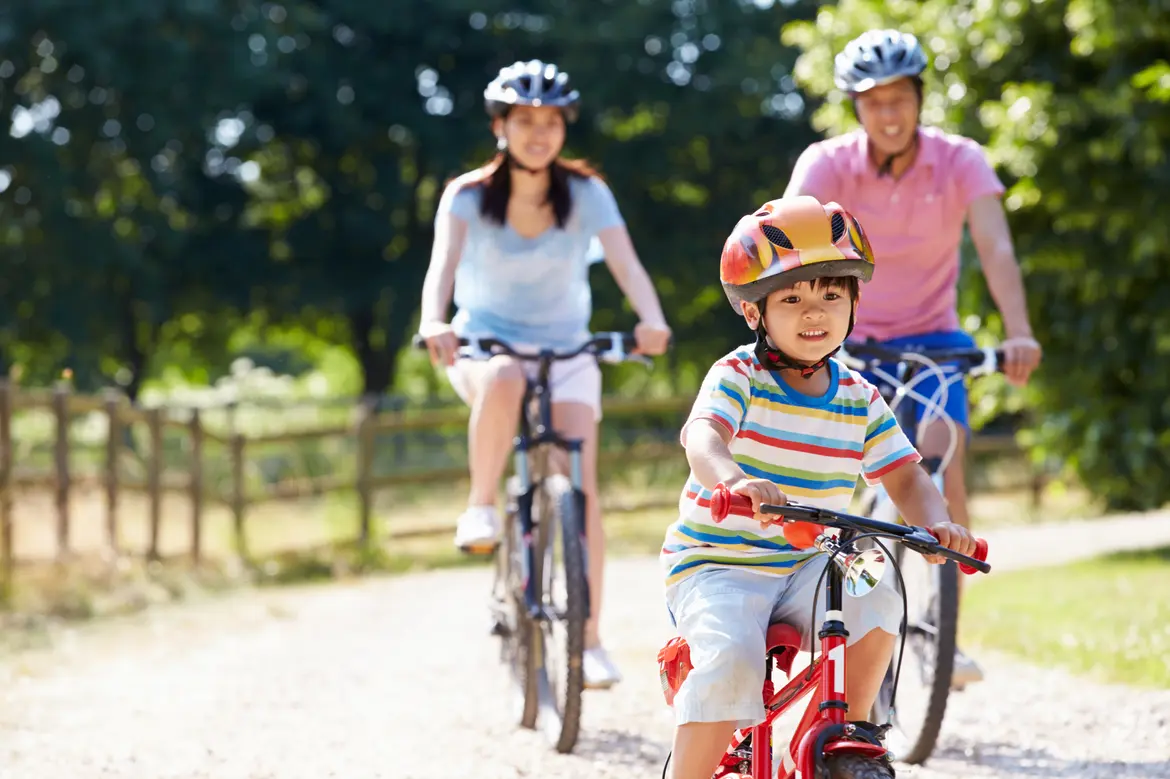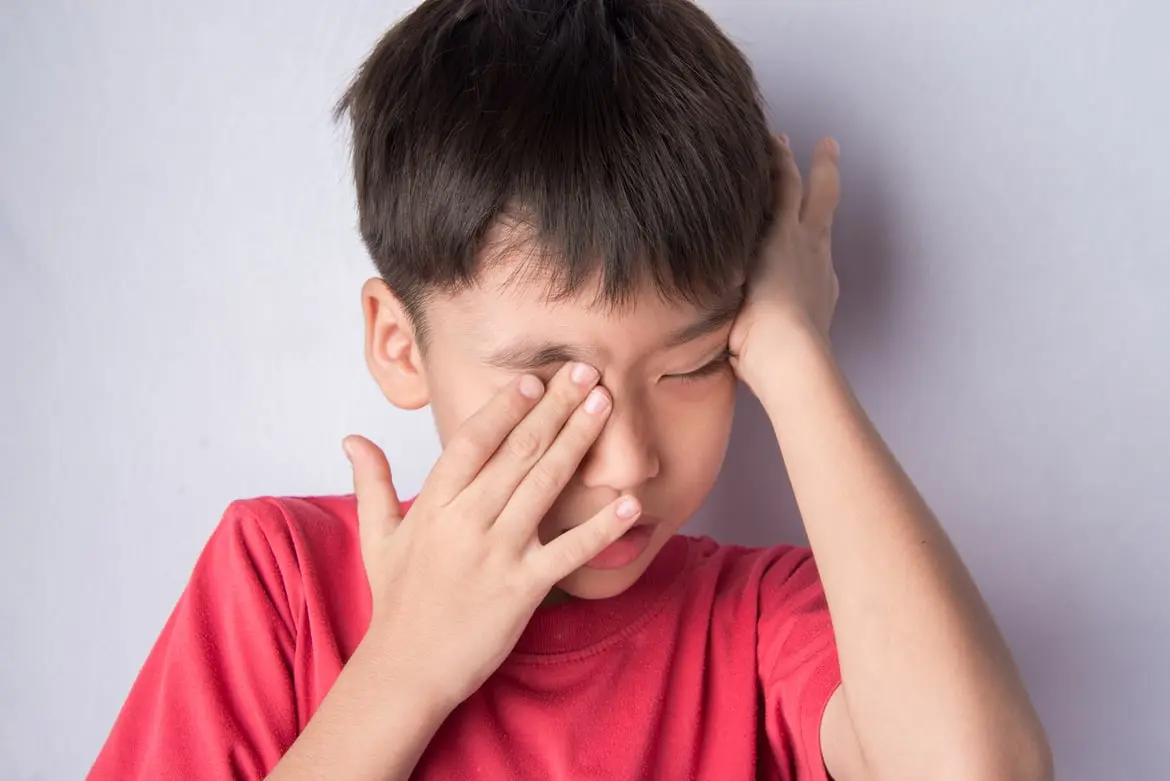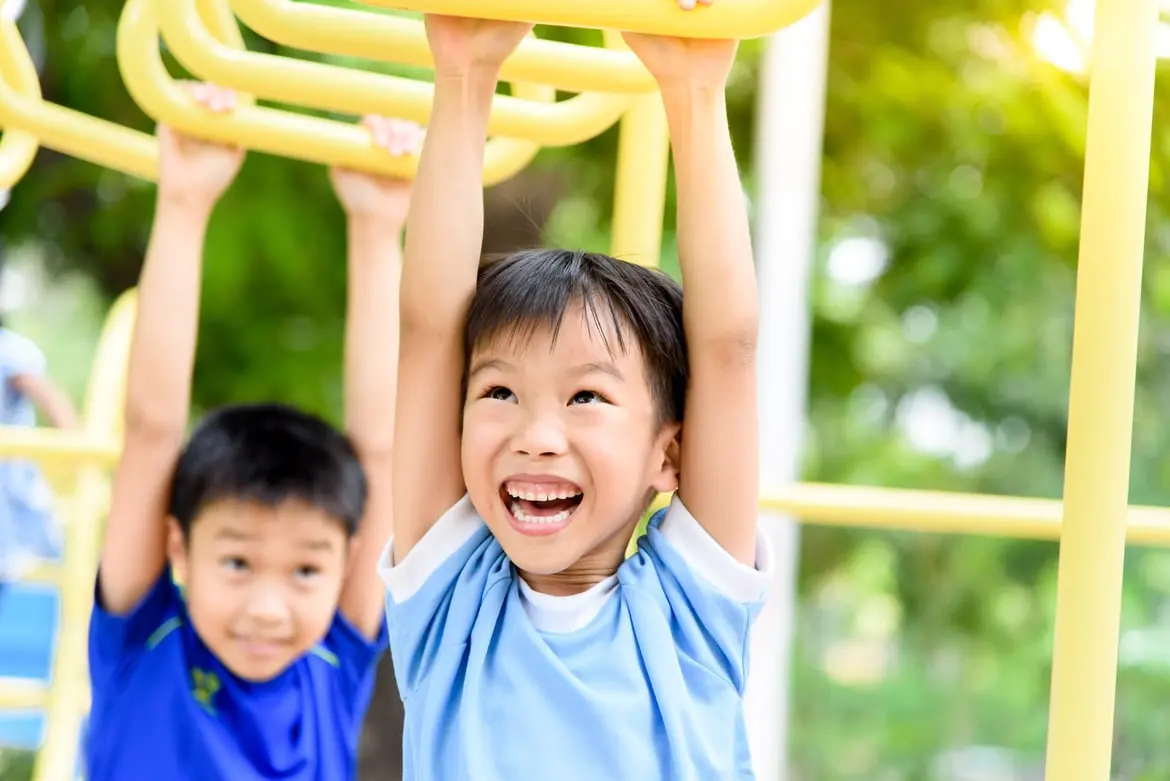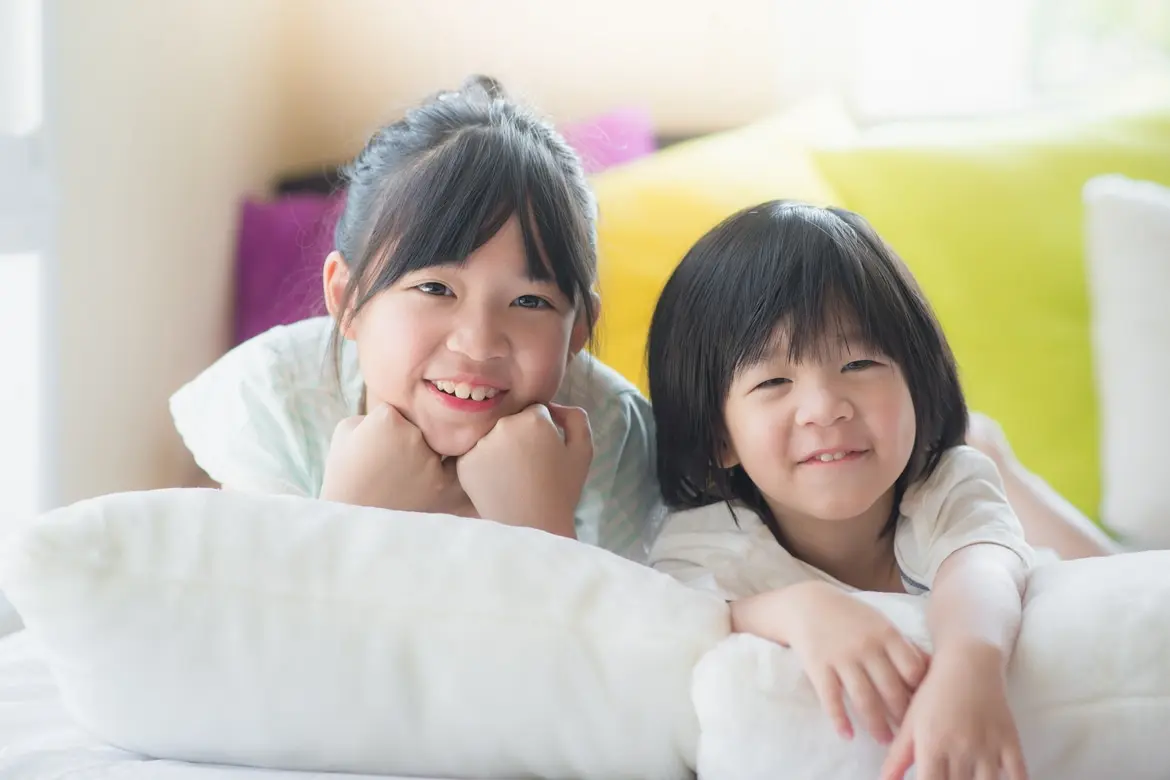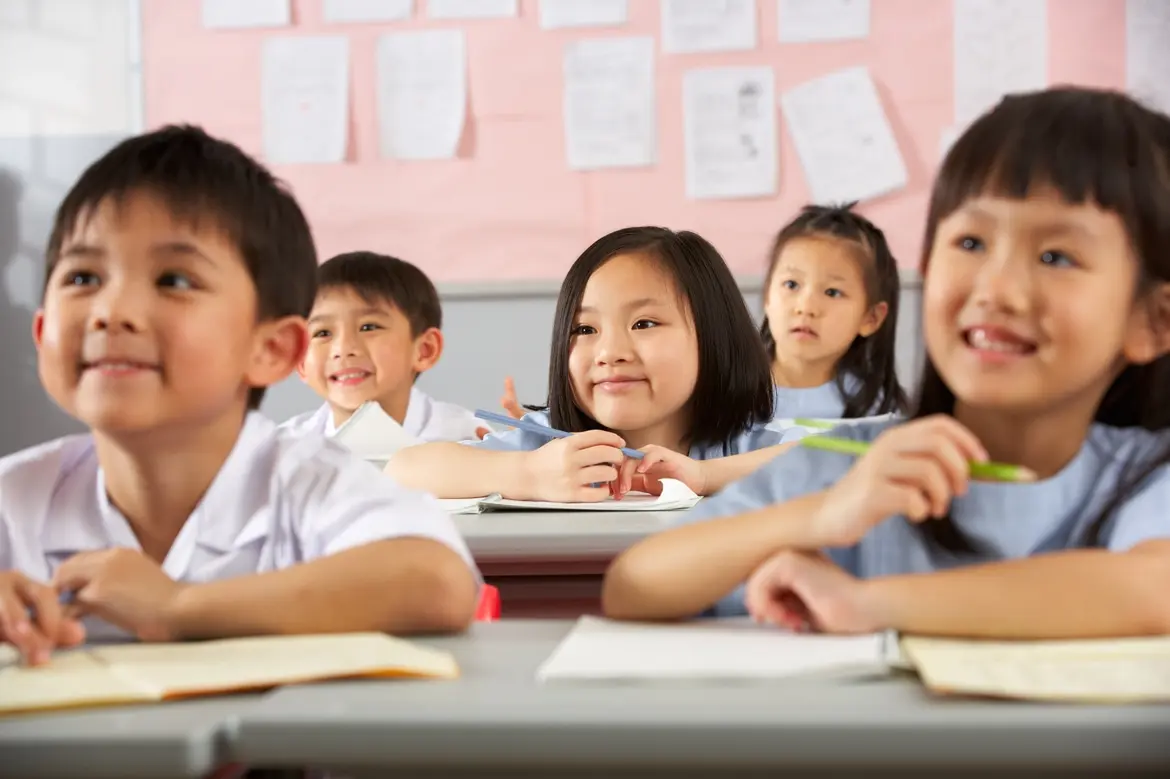What is childhood cancer?
Cancer usually occurs in older people as, over the course of our lives, our body's ability to properly replicate cells weakens. Normally, our cells divide and replace themselves in a controlled manner. However, when a cell's DNA is damaged, this replication process may be altered, causing it to multiply out of control. An accumulation of these abnormal cancer cells en masse is known as a tumour.
Tumours may impede the function of the vital organs they grow on, or next to. It may be especially deadly when these cells 'spread' through the lymphatic system or blood vessels, forming new tumours in other parts of the body.
Cancer occurrence is rarer in children as their cells are young and less likely to be damaged. Nonetheless, cancer is a very serious condition when it presents in a child. However, specific causes of cancer in children is largely unknown, and has led to many misconceptions in the understanding of childhood cancers.
Here we debunk some common myths:
1. Cancer is infectious
One cannot contract cancer from another as the disease is not contagious and cannot be transmitted unlike the flu. However, it is important to note that children receiving chemotherapy and radiation therapy have weaker immune systems and are at increased risk of being infected by micro-organisms such as bacteria and viruses who are responsible for a wide range of infectious diseases.
2. Childhood cancers are inherited from the parents
Although all cancers are due to genetic errors in one's cells, this does not imply that it is inherited from one's parents. Current research shows that only about 2% of all childhood cancers are hereditary and that most cancers in children occur due to random mutations.
3. There is no cure for childhood cancer
Most childhood cancers can be treated with a good chance of them eventually being cancer-free. With decades of scientific research and developments, doctors are now able to apply specific combinations of treatment methods such as chemotherapy, radiotherapy, immunotherapy and surgery to achieve the goal of a cure.
In developed countries, about three-quarters of the children who are diagnosed with cancer will be able to live and grow into adulthood with contemporary treatments.
4. Children with cancer have shortened life-spans
Children who are cured of their cancers may have normal life-expectancy. Depending on the intensity of the treatment received, some children may develop side-effects from cancer treatment such as infertility and secondary cancers. Nonetheless, it is still possible for them to live a normal life as long as they receive proper and timely treatment.
5. Cancer survivors don't need follow-up care
Continuing follow-up care is imperative for survivors. Without follow-up surveillance, they are at a higher risk of developing chronic health conditions related to their initial cancer treatment. Regular monitoring is vital in ensuring that these children remain healthy and cancer-free.
6. All tumours are cancerous
Although it is true that most cancers form tumours, not all tumours are cancerous. Tumours can either be benign or malignant. Benign tumours are isolated growths that remain in the same location in the body. Malignant tumours, however, may spread to distant sites and are more lethal.
7. Children shouldn't be told that they have cancer
It is extremely difficult to hide the diagnosis of cancer from our children in this modern information age. Instead, this may be a great opportunity to educate our children on the science of human diseases when one is diagnosed with a childhood cancer. In addition, valuable lessons on personal hygiene, nutrition and general knowledge on health could be inculcated in the process. When in doubt, parents should consult the appropriate specialists such as their primary paediatric oncologists for clarifications.
8. Childhood cancer survivors will never have normal lives
Although a transient isolation and separation from peers may stunt their social development, many childhood cancer survivors have proven their ability to adapt, learn and grow to become functioning members of our society. Most childhood cancer survivors go on to lead healthy normal lives just like their peers.
How can I help my child?
Book an appointment with a paediatric oncologist to get a better understanding of your child's condition. These healthcare professionals can assist your child in their journey to becoming cancer-free.
